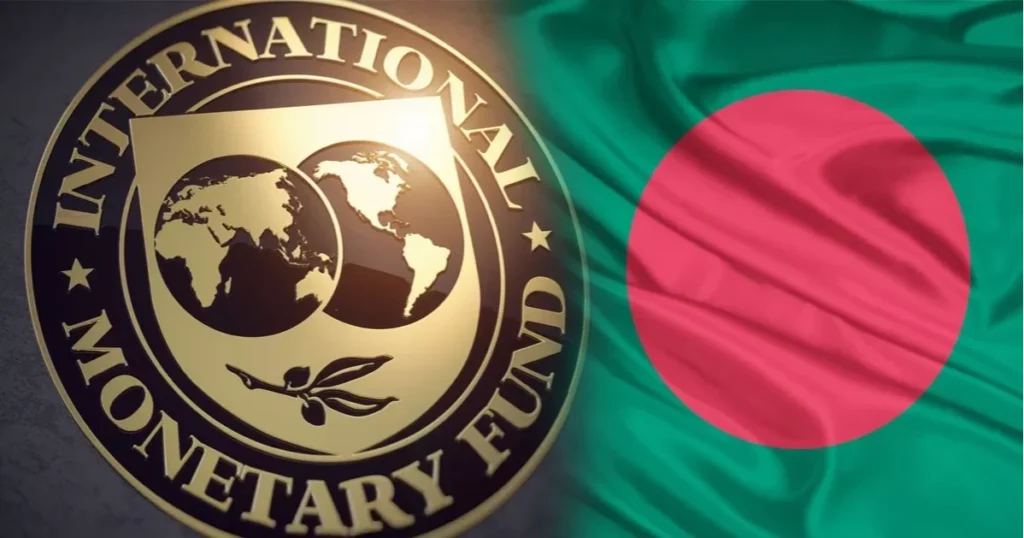
In a bold move to address its financial challenges and secure additional funds, Bangladesh has taken the unprecedented step of floating its currency. By allowing its currency, the Bangladeshi Taka (BDT), to have a flexible exchange rate, the country aims to enhance its economic resilience and attract much-needed financial support from the International Monetary Fund (IMF). This article delves into the significance of this decision and its potential impact on Bangladesh’s economic landscape.
Bangladesh, a developing nation in South Asia, has been grappling with various economic challenges, including a widening trade deficit, declining foreign exchange reserves, and an increase in public debt. The COVID-19 pandemic further exacerbated these issues, putting a strain on the country’s financial resources. In an effort to bolster its economy and address these challenges, Bangladesh has turned to the IMF for assistance.
The Decision to Float the Currency: Floating the currency involves allowing market forces to determine the value of a country’s currency against other foreign currencies. In the case of Bangladesh, this means that the value of the Bangladeshi Taka will now be determined by supply and demand factors in the foreign exchange market. The government’s decision to float the currency is aimed at attracting foreign investments, boosting exports, and regaining stability in the foreign exchange market.
Bangladesh Takes Unprecedented Step
Rationale and Benefits: Floating the currency offers several potential benefits for Bangladesh’s economy. Firstly, it can help improve export competitiveness by allowing the exchange rate to adjust based on market conditions, thereby making Bangladeshi goods more affordable in international markets. Secondly, it can attract foreign direct investment by providing greater transparency and reducing uncertainty surrounding exchange rate fluctuations. Additionally, floating the currency can enhance the country’s foreign exchange reserves by encouraging remittances from overseas Bangladeshis.
IMF Assistance and Economic Reform: By adopting a floating exchange rate, Bangladesh aims to meet the IMF’s conditions for financial assistance. The move is likely to be seen as a commitment to market-oriented reforms, fiscal discipline, and increased transparency. It may also encourage the implementation of structural reforms to improve the business environment, enhance governance, and promote sustainable economic growth in the long term.
While the decision to float the currency holds promise, it also presents certain challenges. Exchange rate volatility can introduce risks for businesses, particularly those that rely heavily on imports or have foreign currency liabilities. To mitigate these risks, Bangladesh will need to strengthen its monetary policy framework, develop effective risk management strategies, and provide adequate support to affected sectors during the transition period.
Bangladesh’s unprecedented decision to float its currency marks a significant step towards achieving economic stability and attracting financial support from the IMF. By adopting a flexible exchange rate regime, the country aims to enhance its economic resilience, promote export competitiveness, and encourage foreign investment. While challenges may arise during the transition period, it is crucial for Bangladesh to implement appropriate monetary policies and reforms to maximize the potential benefits of this decision. With careful management and effective policy implementation, Bangladesh has the opportunity to bolster its economy, strengthen its financial standing, and pave the way for sustainable growth and development.





